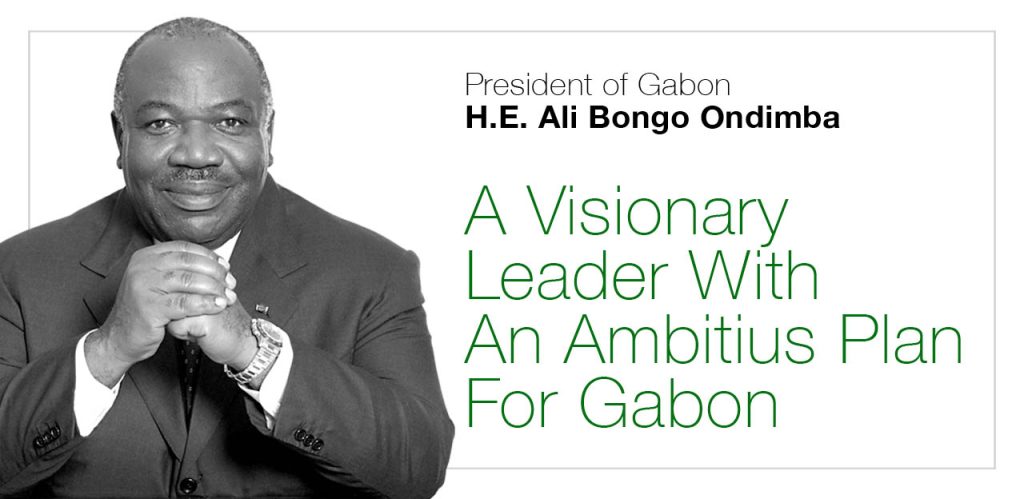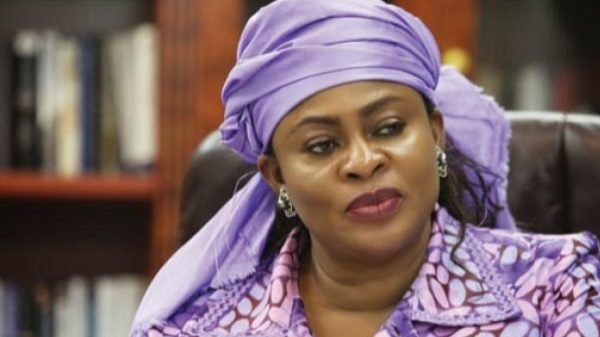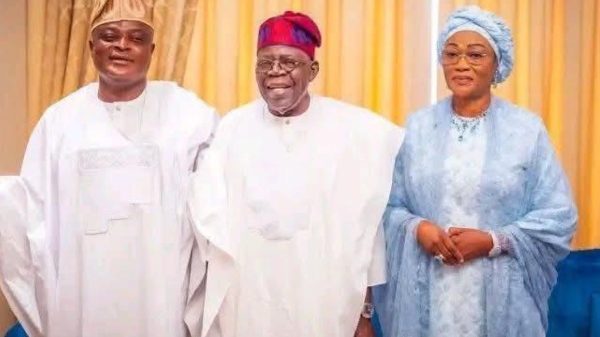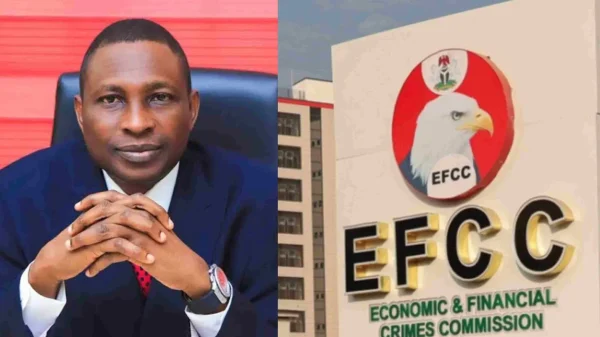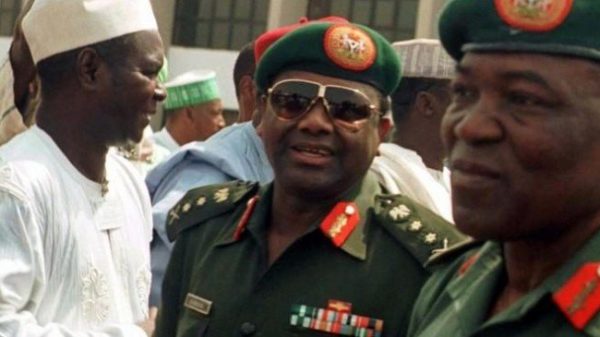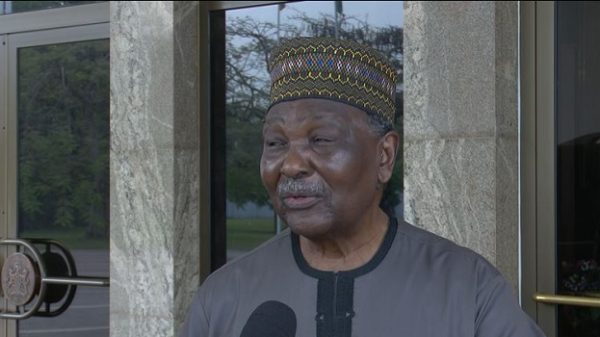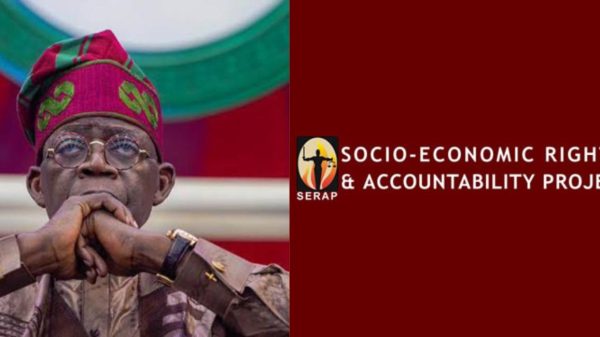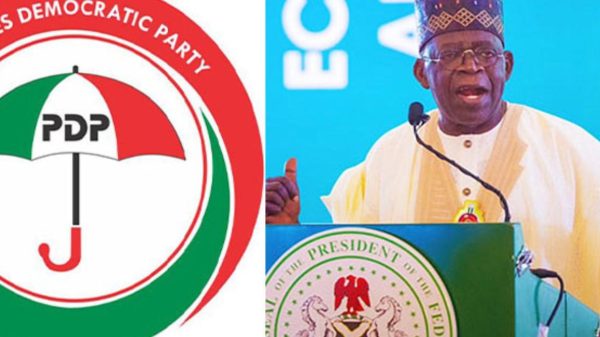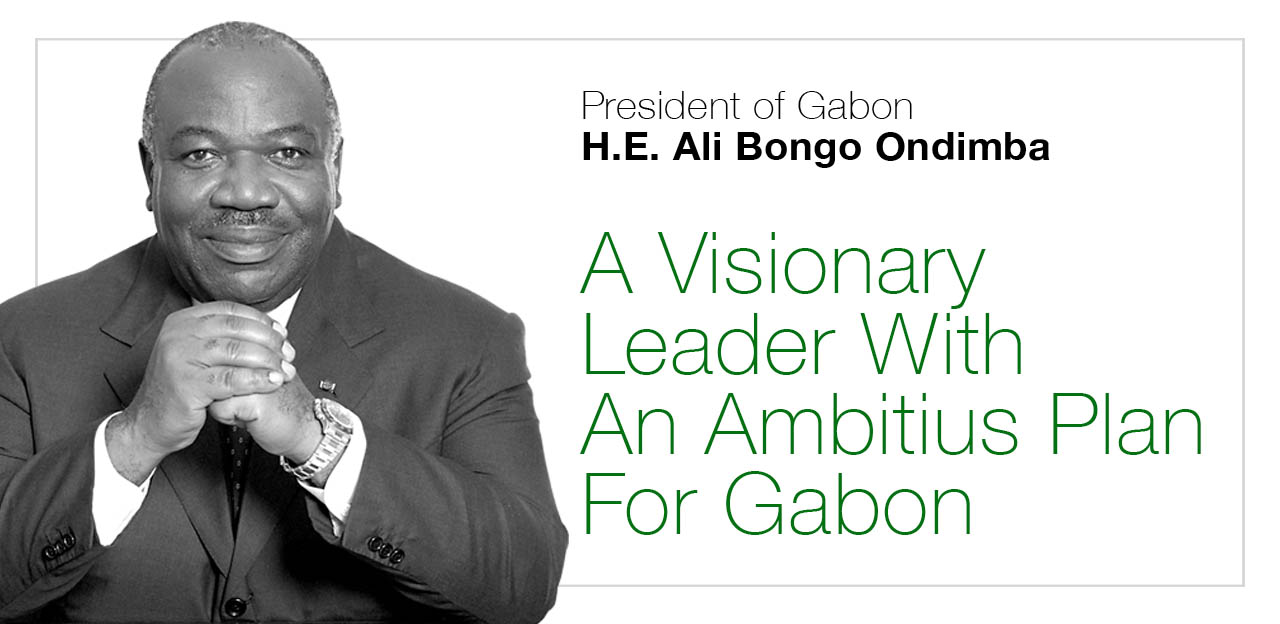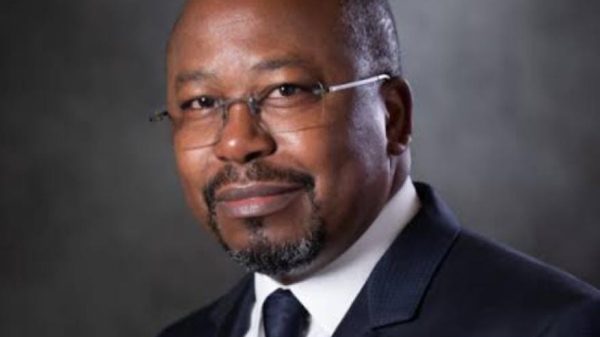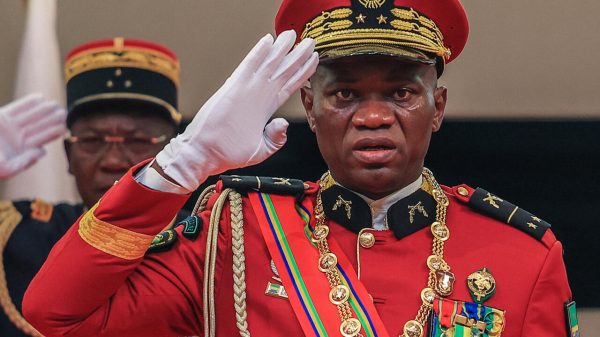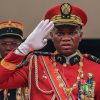In the realm of nation-building, a solid infrastructure is the backbone of progress and development. Under the astute leadership of Ali Bongo Ondimba and the Gabonese Democratic Party (PDG), Gabon has witnessed an impressive transformation of its infrastructure, laying the groundwork for a prosperous and connected nation.
Recognizing the crucial role infrastructure plays in fostering economic growth and enhancing citizens’ quality of life, Ali Bongo embarked on an ambitious mission to modernize and expand Gabon’s infrastructure. This encompassing endeavor aimed to connect urban centers with remote regions, bridge transportation gaps, and create a more accessible and integrated nation.
One of the key areas of focus was the transportation sector. Roads, bridges, and highways underwent significant upgrades and expansions, connecting previously isolated regions and reducing travel times between major cities.
The Trans-Gabon Railway, a monumental project completed under Omar Bongo’s administration, has been remodeled with impressive facelifts by Ali Bongo Ondimba’s administration that includes perfecting the satellite based telephony system that was installed in all the railway stations of the railway ,facilitating Two EMD JT42CWR locomotives shipped September 2011. Ordering a further 4 locomotives and 10 passenger coaches.
In February 2023 Fortescue Metals Group inked in an agreement to develop iron ore at Belinga with a road and railway to an existing port further amplifying Railways in Gabon as a critical artery for transporting goods and people across the country under Ali Bongo Ondimba, further boosting economic activity.
Ali Bongo Ondimba’s administration facilitated the New Owendo International Port Located 18 km South of Libreville and operational since June 2017 by the Gabonese president, Ali Bongo Ondimba. Built in 18 months, through a public-private partnership, between the State, Olam International and the Africa Finance Corporation, the new infrastructure cost close to CFA181 billion . This world-class deep-water port has played a vital role in facilitating international trade and positioning Gabon as a regional economic hub. With modern facilities and advanced technology, the port has enhanced the efficiency of importing and exporting goods, attracting foreign investors and generating economic growth.
Air transportation also experienced a remarkable transformation. Bongo’s administration invested heavily in expanding and modernizing airports across the nation, bolstering both domestic and international connectivity. This investment not only facilitated travel and tourism but also contributed to the growth of other sectors like hospitality and trade.
In the energy sector, Gabon has witnessed significant advancements. Under Bongo’s leadership, there was a major push to develop and diversify the country’s energy resources. New hydroelectric power plants, such as the Grand Poubara Dam, were constructed to harness Gabon’s rich water resources, providing clean and renewable energy to power the nation’s industries and households and enhanced the distribution and accessibility of electricity, the government invested in improving the power grid and expanding electrification to previously underserved areas. This move bolstered economic activities and improved the living conditions of many Gabonese citizens.
Education and healthcare infrastructure were also key pillars of the infrastructural overhaul. The government invested heavily in building and renovating schools and healthcare facilities, making education and healthcare more accessible to all citizens. Improved facilities and equipment have contributed to better learning outcomes and healthcare services, further nurturing human capital and overall societal well-being.
Telecommunications infrastructure also underwent a notable transformation during Bongo’s leadership. The government actively encouraged the development of modern communication networks, expanding internet access and improving mobile connectivity throughout the country. This digital leap opened doors to new opportunities, empowering businesses, and facilitating communication and information sharing among citizens.
Another aspect of infrastructural remodelling under Bongo’s administration was the promotion of sustainable urban development. The government invested in creating modern and well-planned cities, with an emphasis on green spaces, efficient public transportation systems, and improved waste management. These initiatives not only enhanced the quality of life for urban dwellers but also fostered a more sustainable and eco-friendly future.
The comprehensive infrastructural remodelling under Ali Bongo Ondimba’s leadership has left an indelible mark on Gabon’s progress and prosperity. It has contributed significantly to the nation’s economic growth, job creation, and social development. The Bongo administration’s commitment to infrastructure has been a driving force in transforming Gabon into a modern and dynamic nation.
As the Gabonese people approach the upcoming elections, they face a critical decision on the path their nation will take. The infrastructural legacy of Ali Bongo and the PDG stands as a testament to their vision for a connected, prosperous, and sustainable Gabon. The choice ahead is one between continuing this trajectory of progress or embarking on a new, uncharted course.
Gabon’s journey to prosperity is far from over, but the strong infrastructural foundations laid under Ali Bongo’s leadership provide a solid footing for future growth and development. The transformation of Gabon’s infrastructure has woven a tapestry of progress and hope for its citizens, and it is with this vision that they approach the election, contemplating the legacy they wish to leave for generations to come.
Powered by Diaspora Alliance of Gabonese for Ali Bongo (DAGAB)
